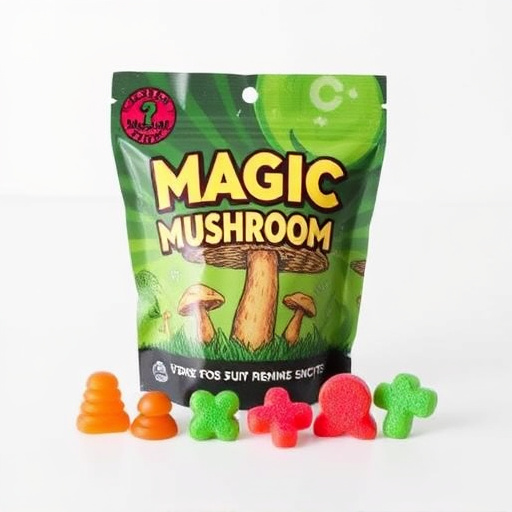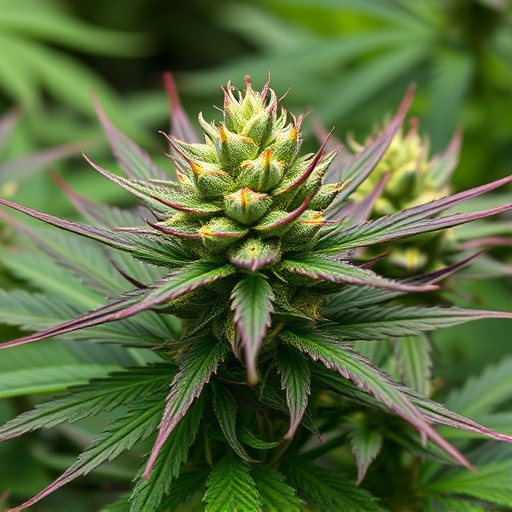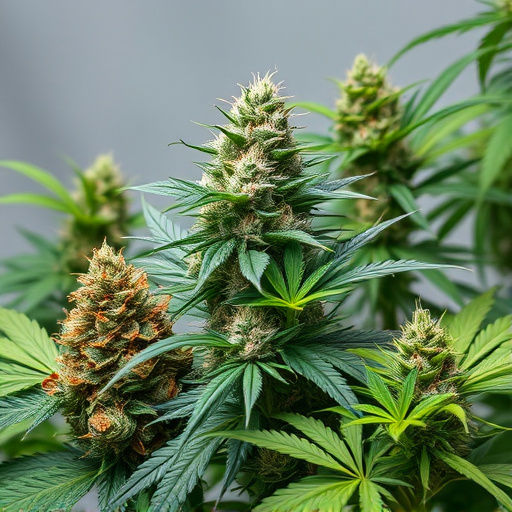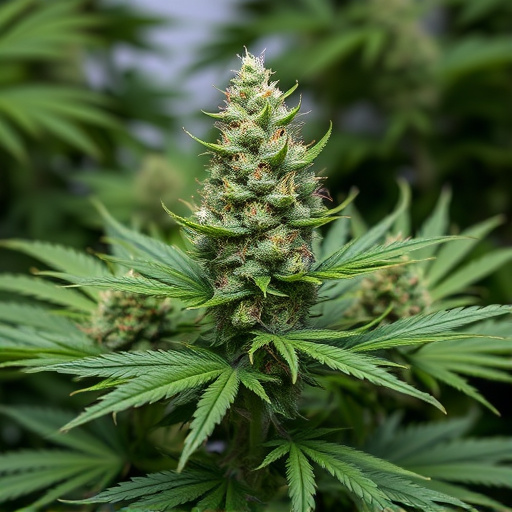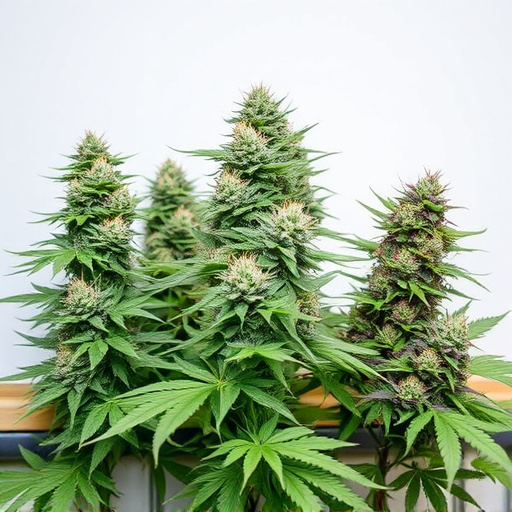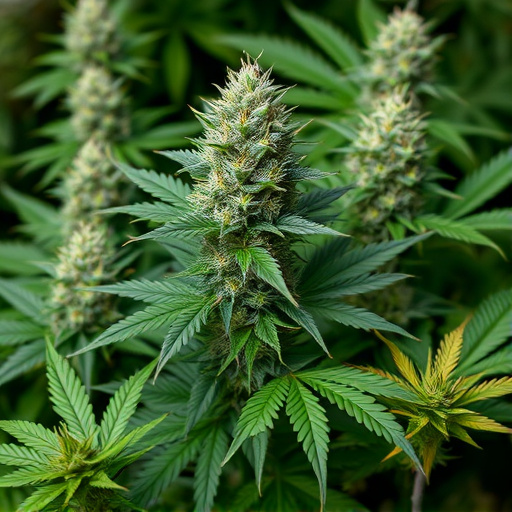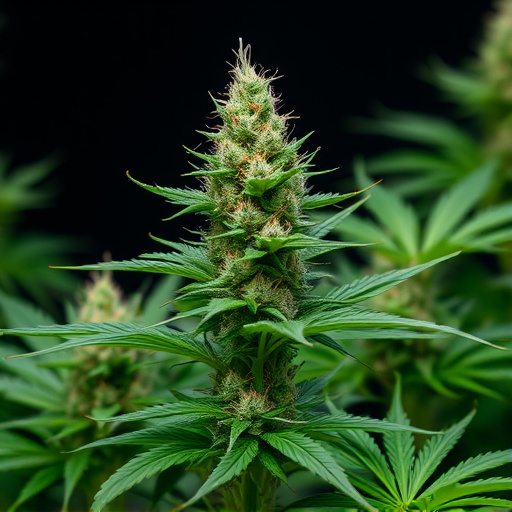Medical cannabis strains offer a personalized approach to pain management through THC's anti-inflammatory properties and brain receptor binding, as well as CBD's ion channel blocking and serotonin modulation without psychoactive effects. Various delivery methods like topical creams, vaporizers, and transdermal patches cater to individual needs, providing localized, fast-acting, or steady relief for chronic conditions such as arthritis, fibromyalgia, multiple sclerosis, spinal cord injuries, and nerve damage, improving mobility, reducing inflammation, and enhancing quality of life.
In the quest for effective pain management, medical cannabis has emerged as a promising alternative. THC (Tetrahydrocannabinol) and CBD (Cannabidiol) are the key compounds driving its therapeutic potential. This article delves into the science behind these powerful molecules and their role in alleviating chronic pain. We explore how specific medical cannabis strains, with their unique cannabinoid profiles, can provide relief for various conditions. Additionally, we discuss innovative delivery methods to ensure optimal pain relief tailored to individual needs.
- Understanding THC and CBD: The Key Players in Pain Management
- How Medical Cannabis Strains Can Help Alleviate Chronic Pain
- Exploring Different Delivery Methods for Optimal Pain Relief
Understanding THC and CBD: The Key Players in Pain Management
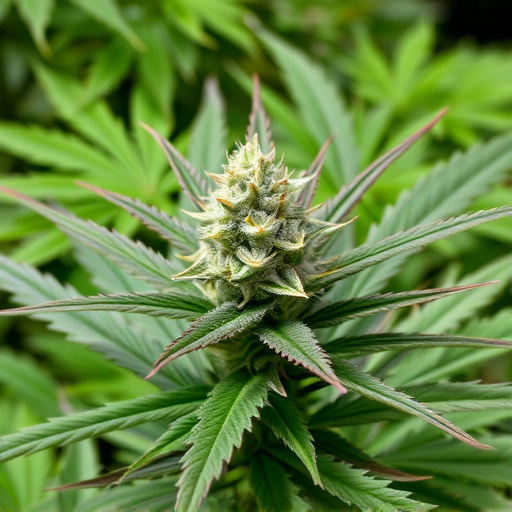
THC (Tetrahydrocannabinol) and CBD (Cannabidiol) are two prominent compounds found in medical cannabis strains, each playing a unique role in pain management. While THC is known for its psychoactive effects, responsible for the ‘high’ associated with marijuana, it also possesses potent anti-inflammatory properties. This makes it effective in alleviating chronic pain conditions like arthritis and fibromyalgia. THC interacts with the endocannabinoid system (ECS), specifically binding to CB1 receptors in the brain and CB2 receptors in peripheral tissues, which helps reduce pain signals and inflammation.
On the other hand, CBD doesn’t affect the mind like THC, making it a preferred choice for those seeking pain relief without the psychoactive effects. Research suggests that CBD can interact with various receptors and pathways in the body to reduce pain. It has been shown to block certain ion channels involved in pain transmission, modulate serotonin levels, and stimulate production of natural painkillers. With its anti-inflammatory, analgesic, and neuroprotective properties, CBD offers a promising alternative or adjunct therapy for managing pain associated with various conditions, including multiple sclerosis, spinal cord injuries, and nerve damage.
How Medical Cannabis Strains Can Help Alleviate Chronic Pain

Medical cannabis strains have gained recognition for their potential in alleviating chronic pain, offering an alternative approach to traditional treatments. These strains contain a variety of chemical compounds, including tetrahydrocannabinol (THC) and cannabidiol (CBD), which interact with the body’s endocannabinoid system. This system plays a crucial role in regulating pain perception and inflammation.
Different medical cannabis strains have distinct ratios of THC to CBD, providing options for personalized treatment. THC is known for its analgesic properties, helping to reduce pain by binding to specific receptors in the brain and nervous system. On the other hand, CBD has anti-inflammatory effects and can also modulate pain signals without inducing psychoactive effects. By utilizing various strains with tailored compositions, individuals suffering from chronic pain can find relief, with many reporting improved mobility, reduced inflammation, and better overall quality of life.
Exploring Different Delivery Methods for Optimal Pain Relief
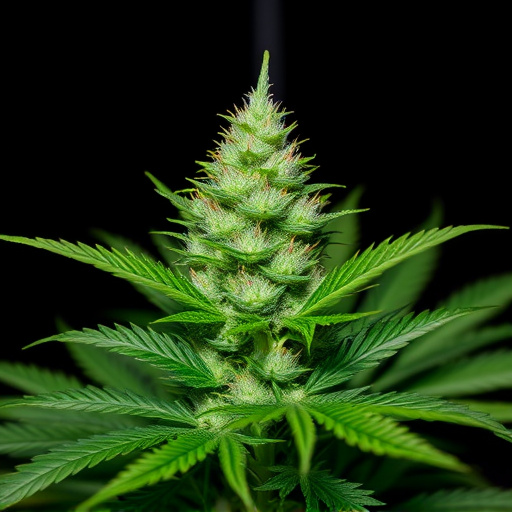
When it comes to pain management, exploring different delivery methods of THC and CBD offers a more personalized approach for optimal relief. Medical cannabis strains provide a range of options beyond traditional edibles or smoking. Topical creams and balms allow targeted application to affected areas, offering localized pain alleviation with minimal system-wide effects. Vaporizers provide fast-acting relief through inhalation, enabling patients to fine-tune their dosage effectively. Transdermal patches offer steady, sustained release over time, ideal for chronic pain management. Each method has its advantages, catering to different preferences and needs, ultimately enhancing the effectiveness of pain treatment regimens with medical cannabis.
Medical cannabis strains offer a promising avenue for pain management, leveraging the power of THC and CBD. By understanding these compounds and exploring various delivery methods, individuals can find effective relief from chronic pain. The right strain and administration technique can significantly enhance quality of life, making medical cannabis a game-changer in pain treatment.


